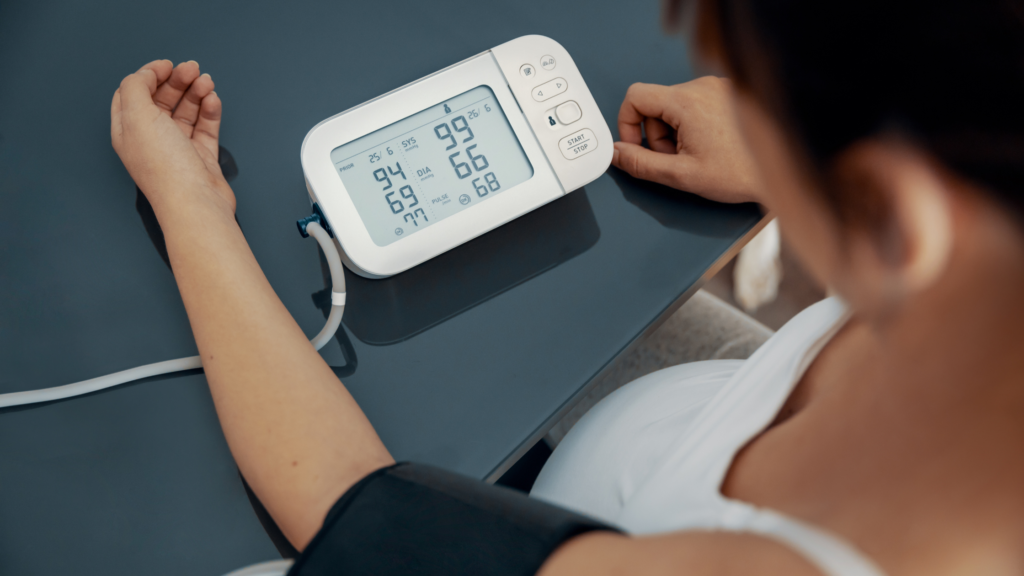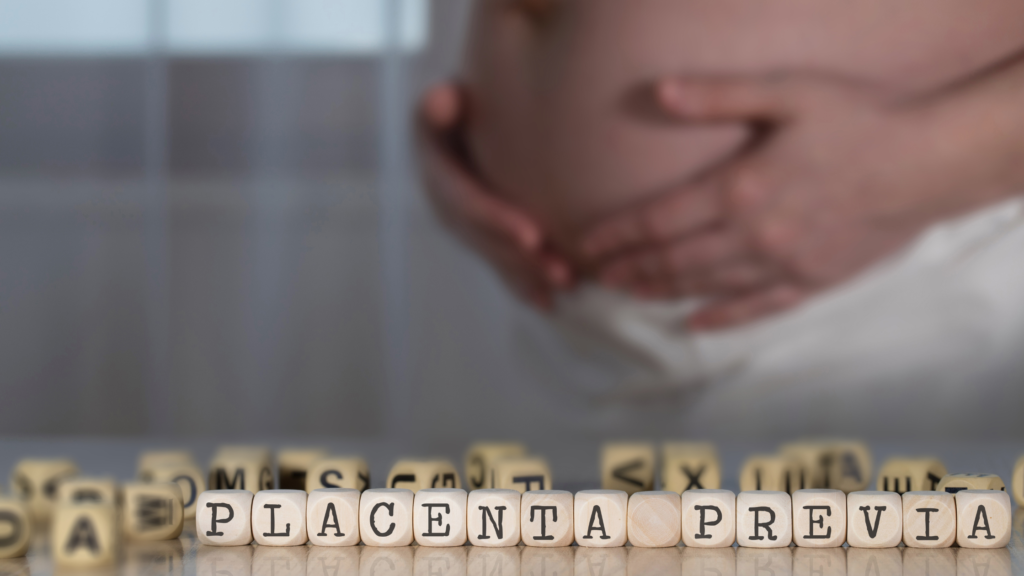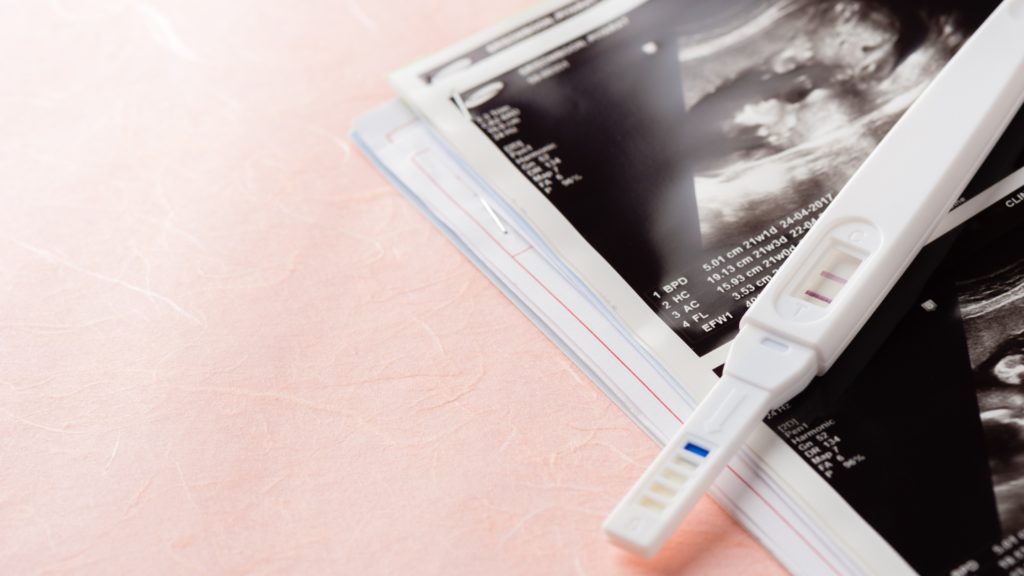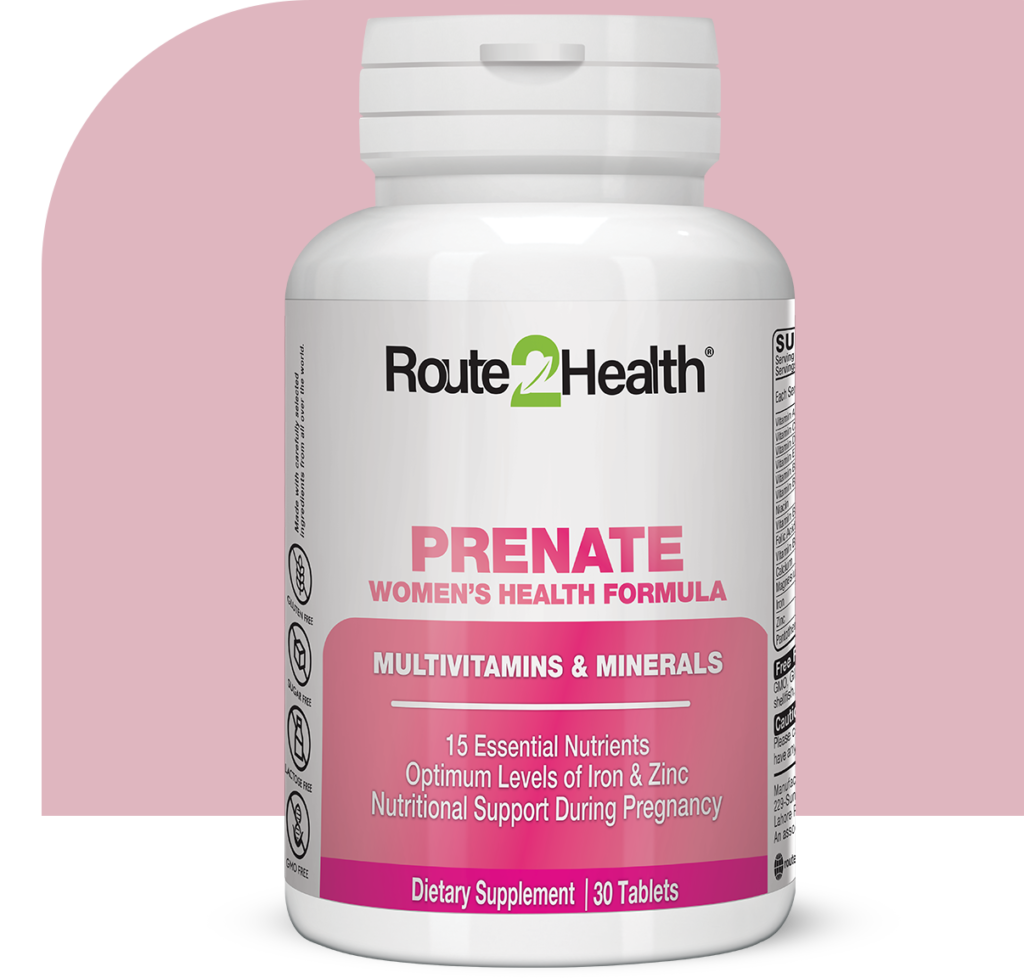
Berdi
urinary Track Health

Welcoming a new life into the world is a momentous occasion, but the road to motherhood is not without challenges. Pregnancy is a miraculous journey filled with anticipation and joy, but it’s essential to acknowledge that complications can arise, affecting both the mother and the baby.
In this complicated journey many women encounter unexpected hurdles along the way, turning what should be a seamless journey into a challenging expedition.
In this comprehensive exploration, we unravel the mysteries surrounding some of the most common pregnancy complications. Join us as we navigate the intricate landscape of gestation, shedding light on the challenges that, though daunting, can be managed and overcome with knowledge, support, and medical expertise.
Pregnancy complications come in various forms, ranging from mild to severe. Gestational diabetes, preeclampsia, preterm birth, and hypertension are among the most prevalent issues. These complications can have significant implications for both maternal and fetal health.
Regular prenatal check-ups play a pivotal role in the early detection and prevention of pregnancy complications. Health professionals can monitor and address potential issues before they escalate. Additionally, adopting a healthy lifestyle, including proper nutrition and regular exercise, can significantly reduce the risk of complications.
Gestational diabetes mellitus (GDM), one of the most common pregnancy complications, is a temporary form of diabetes that occurs during pregnancy, affecting both the mother and the developing fetus. According to the International Diabetes Federation, 14% of pregnancies are affected by GDMand its prevalence is on the rise globally, varying across populations and regions.
According to Johns Hopkins Medicine, complications associated with gestational diabetes include an increased risk of preeclampsia, cesarean section, and macrosomia (large birth weight), which may lead to birth injuries. Additionally, infants born to mothers with GDM have a higher likelihood of developing obesity and type 2 diabetes later in life.
In conclusion, gestational diabetes is a prevalent condition during pregnancy, necessitating vigilant monitoring and intervention. Research supports lifestyle modifications as effective tools in its prevention and management, emphasising the significance of early detection and comprehensive care to ensure the well-being of both mother and child.

Preeclampsia is a hypertensive disorder that occurs during pregnancy, characterised by high blood pressure and organ damage, particularly affecting the liver and kidneys. It poses significant risks to both the mother and the unborn child. As per the American College of Obstetricians and Gynecologists, the prevalence of preeclampsia varies globally, affecting approximately 2-8% of pregnancies.
Complications associated with preeclampsia include preterm birth, low birth weight, and an increased risk of maternal cardiovascular disease later in life. The exact cause of preeclampsia remains unclear, but factors such as a history of hypertension, obesity, and multiple pregnancies contribute to its development.
Early detection and prompt management are crucial in mitigating the impact of preeclampsia. Regular prenatal check-ups that include blood pressure monitoring and urine analysis are essential for early diagnosis. Treatment may involve medications to control blood pressure and prevent seizures, bed rest, and, in severe cases, premature delivery.
Research highlights the importance of monitoring and managing risk factors associated with preeclampsia. A systematic review published in the American Journal of Obstetrics & Gynecology emphasised the potential benefits of low-dose aspirin in preventing preeclampsia in high-risk women, showcasing a significant reduction in its incidence. Research also shows the efficacy of calcium supplementation in reducing the risk of preeclampsia, particularly in populations with low dietary calcium intake.

Preterm birth, occurring before 37 weeks of pregnancy, poses significant health risks to infants. According to the World Health Organization, preterm birth affects approximately 10% of pregnancies worldwide.
Complications associated with preterm birth include respiratory distress syndrome, developmental issues, and long-term disabilities. Research emphasises the importance of prenatal care, identifying and managing risk factors, and promoting maternal health to reduce the incidence of preterm births. Strategies such as progesterone supplementation and cervical length screening contribute to preventive measures.

Placenta previa is a condition in which the placenta partially or completely covers the cervix, posing potential risks during pregnancy. According to the National Institute of Health, this condition occurs in approximately 0.5% of pregnancies.
Complications associated with placenta previa include bleeding, which can be severe and life-threatening for both the mother and the baby. Diagnosis is typically made through ultrasound, and management may involve bed rest, hospitalization, and, in severe cases, delivery through cesarean section. Continuous monitoring and close medical attention are crucial to ensure the safety of both the mother and the unborn child.

Ectopic pregnancy is a potentially life-threatening condition wherein a fertilized egg implants outside the uterus, commonly in the fallopian tubes. This occurrence prevents the embryo from developing normally and can lead to severe complications. According to the American College of Obstetricians and Gynecologists, ectopic pregnancies account for about 1-2% of all pregnancies.
Complications arise when the growing embryo causes the fallopian tube to rupture, leading to internal bleeding. Early signs may include abdominal pain and vaginal bleeding. Diagnosis often involves ultrasound and blood tests to detect rising levels of the hormone human chorionic gonadotropin (hCG). Prompt medical intervention is crucial to prevent life-threatening consequences.
Treatment options for ectopic pregnancies depend on factors such as the location and size of the ectopic mass, the woman’s overall health, and the desire for future fertility. Common approaches include medication to stop the embryo’s growth or surgery to remove the ectopic tissue. Timely detection and intervention are essential for preserving the woman’s health and fertility.

A well-balanced diet is fundamental for a healthy pregnancy. Ensuring an adequate intake of essential nutrients, such as folic acid, iron, and calcium, contributes to the overall well-being of both the mother and the baby. You can get all the nutrients that you need with just one tablet of Prenate daily to ensure optimal health for you and your baby.
In conclusion, addressing and managing pregnancy complications is vital for the well-being of both the mother and the baby. Proactive prenatal care, including regular check-ups, a healthy lifestyle, and early intervention, can significantly contribute to a positive pregnancy experience.
While some complications are preventable with proactive care, others may arise unexpectedly. Regular prenatal check-ups and a healthy lifestyle can minimise risks.
In many cases, gestational diabetes resolves after childbirth. However, it increases the risk of developing type 2 diabetes later in life.
Managing stress during pregnancy involves adopting relaxation techniques, seeking support from loved ones, and considering professional counselling if needed.
Generally, exercise is safe during pregnancy. However, it’s essential to consult with healthcare providers to ensure that the chosen exercises are suitable for each trimester.
Route2Health’s Prenate is one of the best prenatal vitamins in Pakistan.












